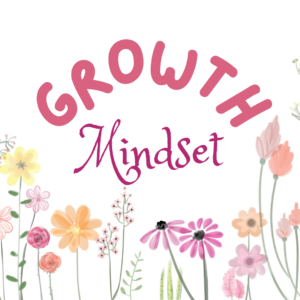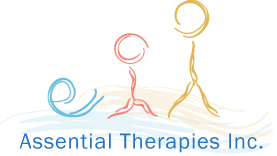Springtime is all about growth, right? We want our children to grow and contribute to society in positive ways. From being friendly on the playground to productive in their careers, we want to nurture this growth in the best way possible. So how?
Taylor Swift says you’re never gonna grow if you don’t bleed, but we know she doesn’t mean that lyric literally. She means we all experience hardships, and with the right mindset, we can come out on the other side stronger and smarter than before. Childhood is full of heartbreak and hardships. Do we apply tough love with our young children? I have a very strong-willed daughter who wants to be good at everything she does, but she is quick to give up. If she doesn’t figure out how to grow, will she just be left to bleed?
Research shows that successful childhood development integrates encouragement for children to keep growing. This is the growth mindset from Dr. Dweck that we started incorporating in classrooms around the country decades ago. It’s all about the work that gets you to the end result. For example, studies on different kinds of praise have shown that telling children they are smart encourages a fixed mindset, whereas praising hard work and effort cultivates a growth mindset. When kids have a growth mindset, they take on challenges and learn from them, therefore increasing their abilities and achievement.
When parents and caregivers run out of positive ways to encourage growth, turning to pediatric specialists can help. Recently I heard a story about a twelve-year-old boy who, during the pandemic, turned inward (as many of us did) and could no longer effectively communicate with teachers and classmates. The anxiety around socialization built up (and up, and up) for him. His grandmother told me that more than just gentle guidance was needed, but she didn’t know what to do. Rather than leaving the child to endure the hardships on his own, the grandparent sought out speech therapy and it made a huge difference.
Turning to the experts doesn’t mean you are throwing in the towel. Quite the opposite, really. Asking for help requires that you be open to personal growth. Turning to those who are trained to see developmental problems from a clinical standpoint means that scientific methods can help your child. Appreciating the difficult journey takes a growth mindset. If we share that mindset with our children, we can all grow together this spring.
